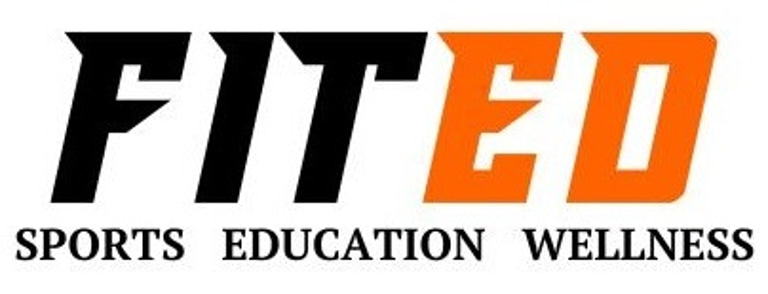Should 1 or 2 days Certification Course be opted by healthcare professionals?
11/21/20241 min read


The Problems of Healthcare Practitioners Opting for Very Short-Term Courses (1-2 days Certifications)
In the healthcare industry, continuous learning and skill enhancement are essential for providing quality patient care. However, the rising trend of healthcare practitioners opting for very short-term courses (1-2 day duration) poses several challenges that can impact both medical professionals and patient safety.
One of the major concerns with very short-term courses is the lack of in-depth knowledge and hands-on experience. Healthcare is a complex field that requires comprehensive training, critical thinking, and hands-on practice. While short-term courses provide quick certification, they often do not equip practitioners with the necessary expertise to handle real-world medical scenarios effectively.
Another issue is the potential compromise on patient safety. When healthcare professionals complete inadequate training in specialized areas, the risk of misdiagnosis, improper treatment, and procedural errors increases. Patients rely on practitioners to have a thorough understanding of medical procedures, and insufficient training can lead to serious health consequences.
Furthermore, short-term courses may not meet the regulatory standards required in various medical fields. Many medical councils and professional bodies have set specific guidelines for training and certification. Courses that do not align with these standards may lead to unrecognized qualifications, limiting career advancement opportunities for healthcare professionals.
Additionally, the emphasis on quick certifications often results in a lack of commitment to lifelong learning. Healthcare is constantly evolving, with new research, treatments, and technologies emerging regularly. Practitioners who focus only on short-term learning miss the opportunity to build a solid foundation and stay updated with the latest advancements in their field.
To address these concerns, healthcare professionals should opt for well-structured, accredited programs that offer comprehensive training and hands-on experience. Institutions and governing bodies should also regulate course offerings to ensure that practitioners receive high-quality education that meets industry standards.
While short-term courses can provide a basic introduction to specific topics, they should not replace extensive training and professional development. The healthcare sector must prioritize thorough education to maintain high standards of patient care and professional integrity.
Join Us
Explore our Sports Science, Wellness Programs & Accredited Health and Fitness Courses.
Contact
ENQUIRE hERE
fitedwellness@gmail.com
+919667757177
© 2025. All rights reserved.
